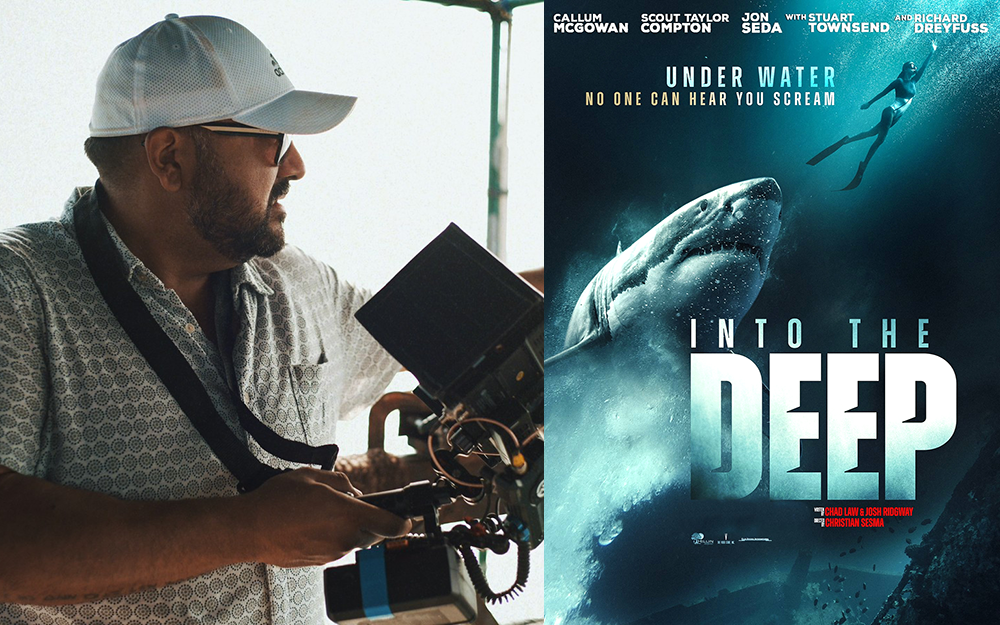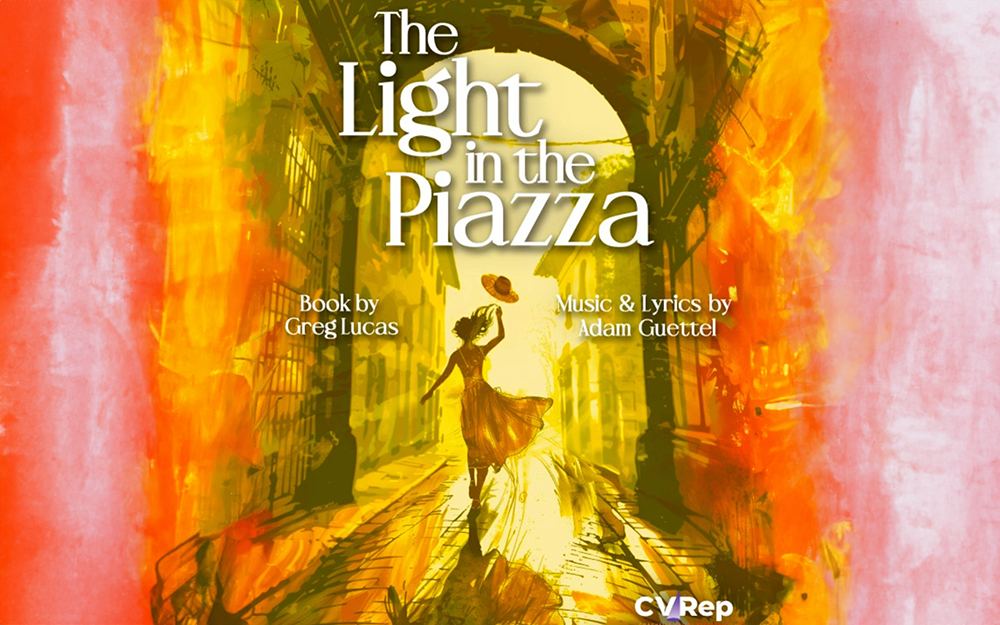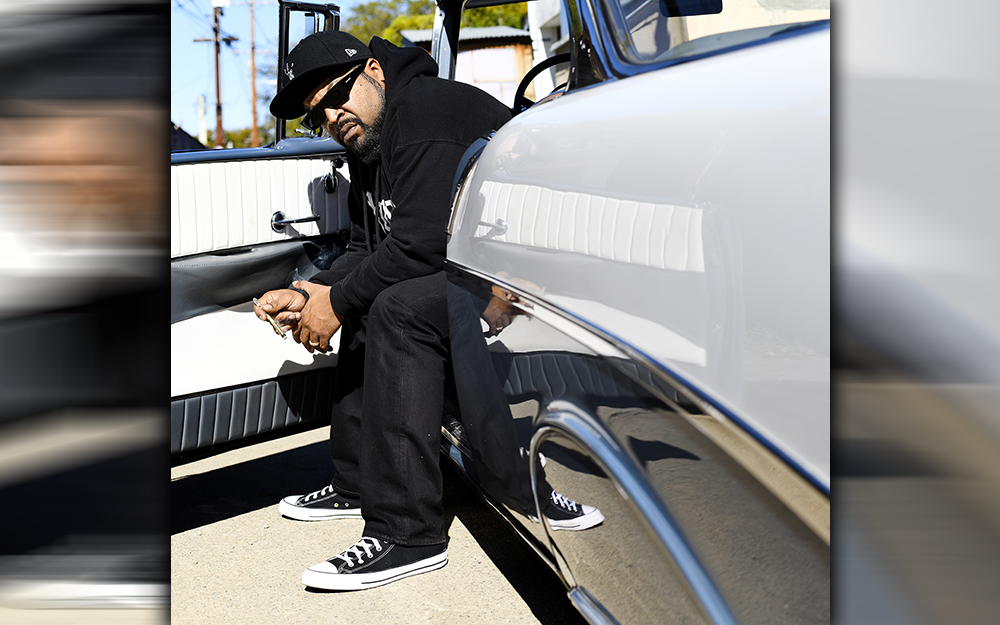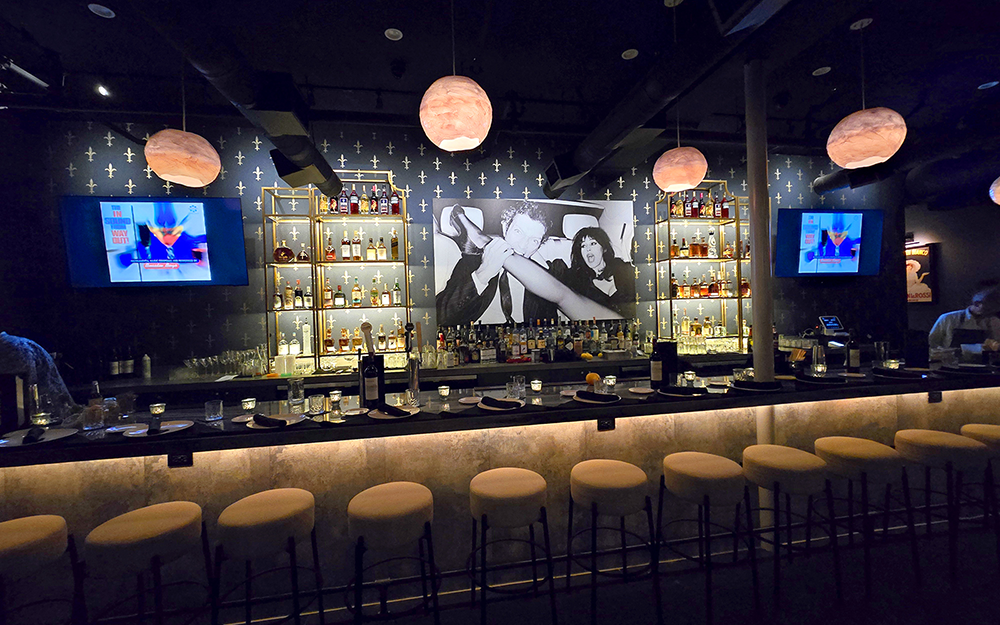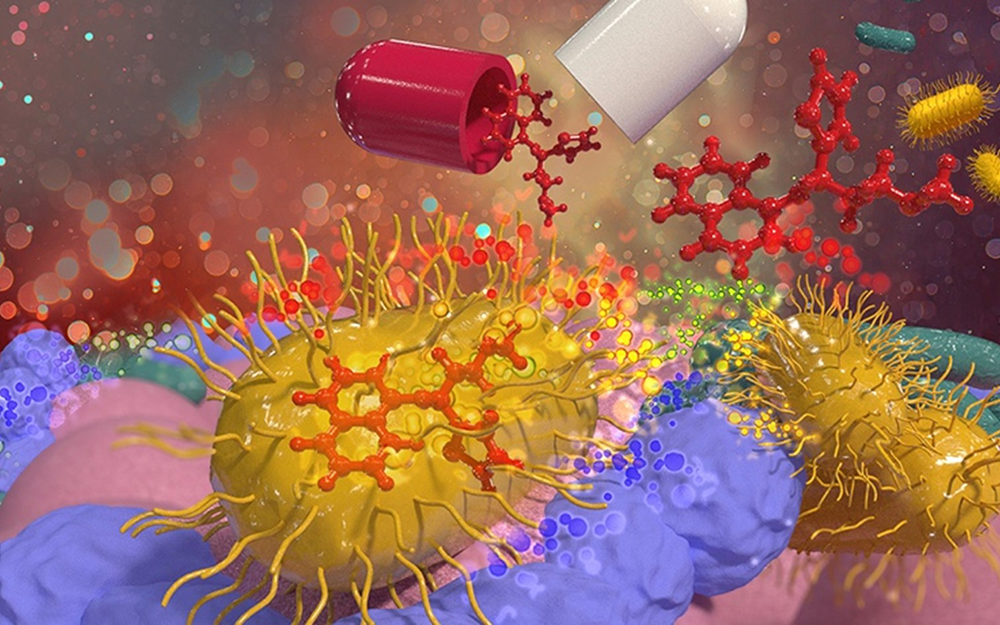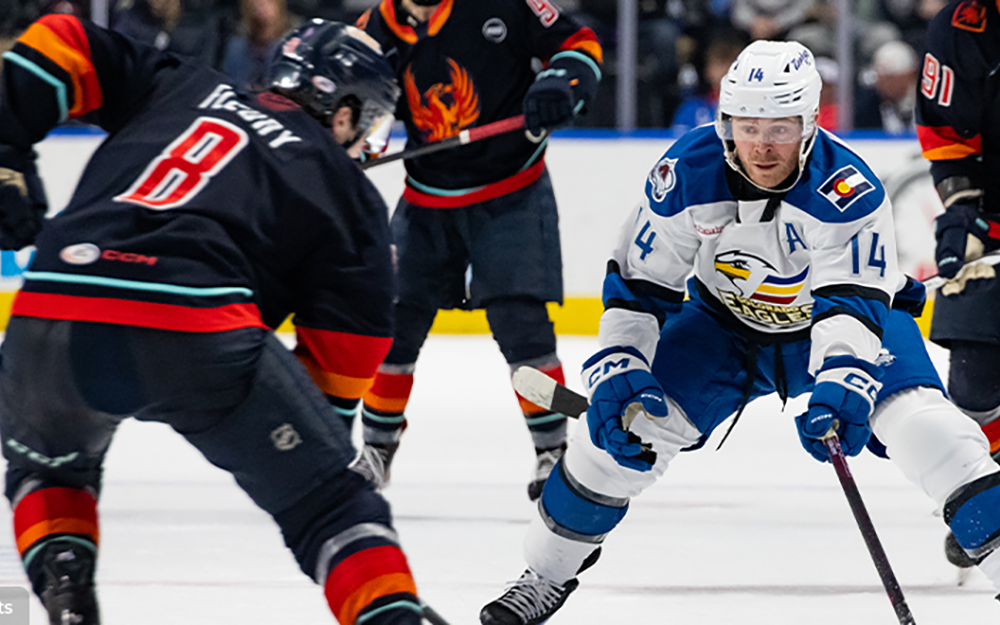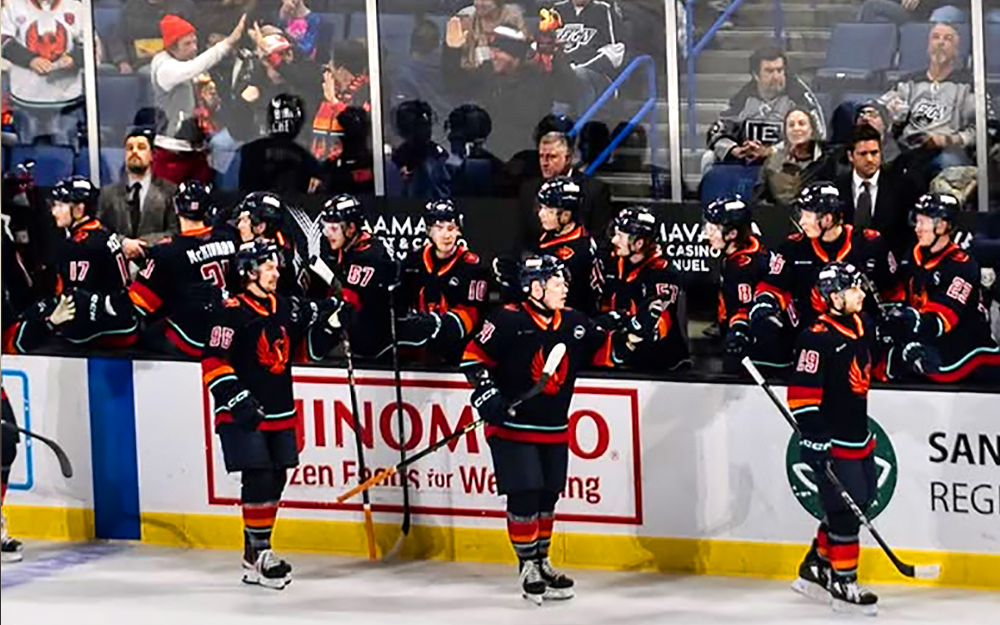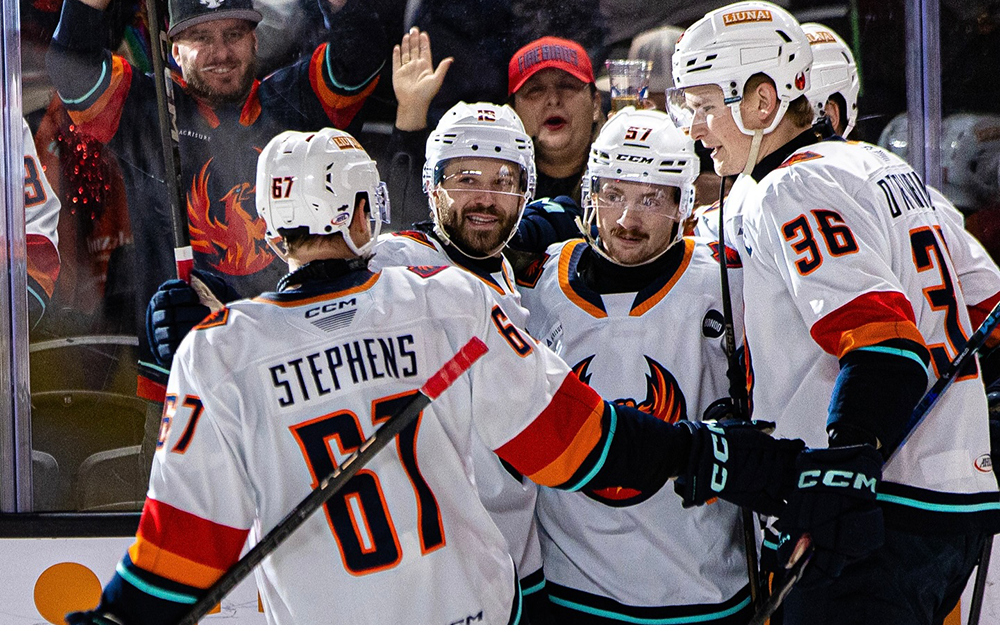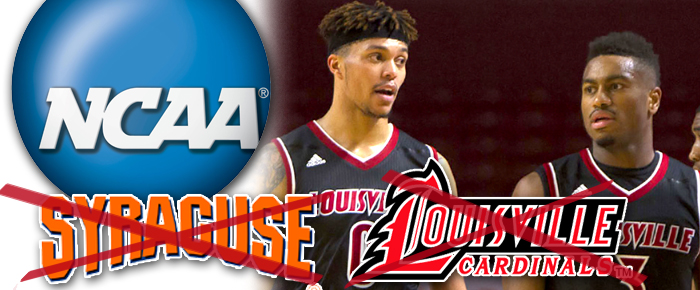
By Flint Wheeler
On February 4, 2015, the Syracuse Orange basketball program self-imposed a postseason ban as the NCAA came breathing down their necks. The Orangemen were in the midst of a difficult season to begin with, but the ban was seen by some as a cowardly move and a disservice to the players — especially seniors like Rakeem Christmas. If Syracuse makes the NCAA Tournament this year, it’ll be seen as a shrewd move in hindsight. But one we as fans probably have few issues with from our vantage point.
In February 2016 — a year later — the Louisville Cardinals basketball program has self-imposed a postseason ban as the NCAA comes calling amidst reports of a former staffer hiring prostitutes for recruits. Louisville, unlike Syracuse, was is in the midst of a top-25 season and was looking to get back to the heights of 2015-16, when they made it all the way to the Elite Eight (which, coincidentally, took place in Syracuse). Rather than being seen as cowardly, the move is being panned for how it’s punished two graduate transfers, Damion Lee and Trey Lewis, both of whom were respectively looking for their first tournament bids in their final collegiate seasons. Their reactions are understandable.
First: This is good for Syracuse since it now opens up an at-large spot in a pretty crowded pool this March. And with the logjam of ACC teams in particular sitting on the bubble come Selection Sunday, every little bit helps. It also helps that the team could end up sleepwalking through its remaining games following the ban announcement. Syracuse was certainly lackluster after the news broke last year, and who could blame them?
Second: This is bad for the sport. Obviously it’s bad for Louisville. And it’s especially bad for Lee and Lewis, players that got punished for things they didn’t do, as happens nearly every year, unfortunately. But this sort of thing — yes, even when Syracuse did it last year — is bad for the sport, and amateur athletics as a whole.
What you’ve told kids is that you can stay within the lines, try your best, even take advantage of NCAA rules around transferring and playing right away for a better educational opportunity, and it doesn’t matter. The mistakes (many of them, willful) made by players before you, adults in power and boosters can and will punish you in the most brutal ways possible. With just a few games to go in your season, or your career.
The hot topic for years has been how the NCAA can fix things and do better by kids, but without allies at its major member universities like Syracuse, Louisville and plenty of other locations (we’ll see what happens to you, North Carolina…), there’s no chance of change. SU’s been punished, and continues to be. The Cardinals only begin to start their punishment. So they don’t owe anything to the NCAA. But they owe something to the kids that play for free sports at their institutions. These postseason bans aren’t a way to pay them back for the work they put in, but they’re going to keep happening this late in the game because Syracuse, Louisville and others have now provided a quick out.
If anyone will be pointing and laughing at Louisville, it’s going to be other institutions. But for the country’s other programs, don’t worry, you’re part of the problem too. It’s only a matter of time until these other institutions get what coming to them. North Carolina, Florida State, Auburn University, and now the up and coming Clemson University are all under NCAA investigations for small to large infraction violations. When College football revenue for the SEC topping $500 Million last year alone, is it no wonder that the competitiveness to attract and recruit first class talent leads these companies (Woops, colleges) to look at every angle to improve the play on the field and thus the revenue for the school. Only a matter of time until this system breaks down and the rules which govern a BUSINESS, not an educational institution will take precedence.









